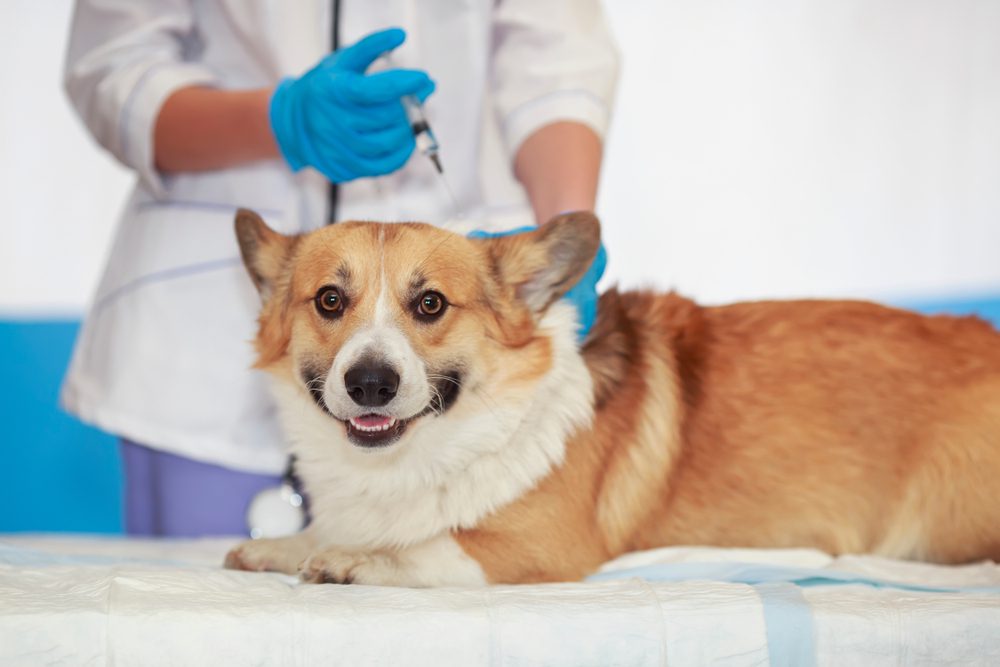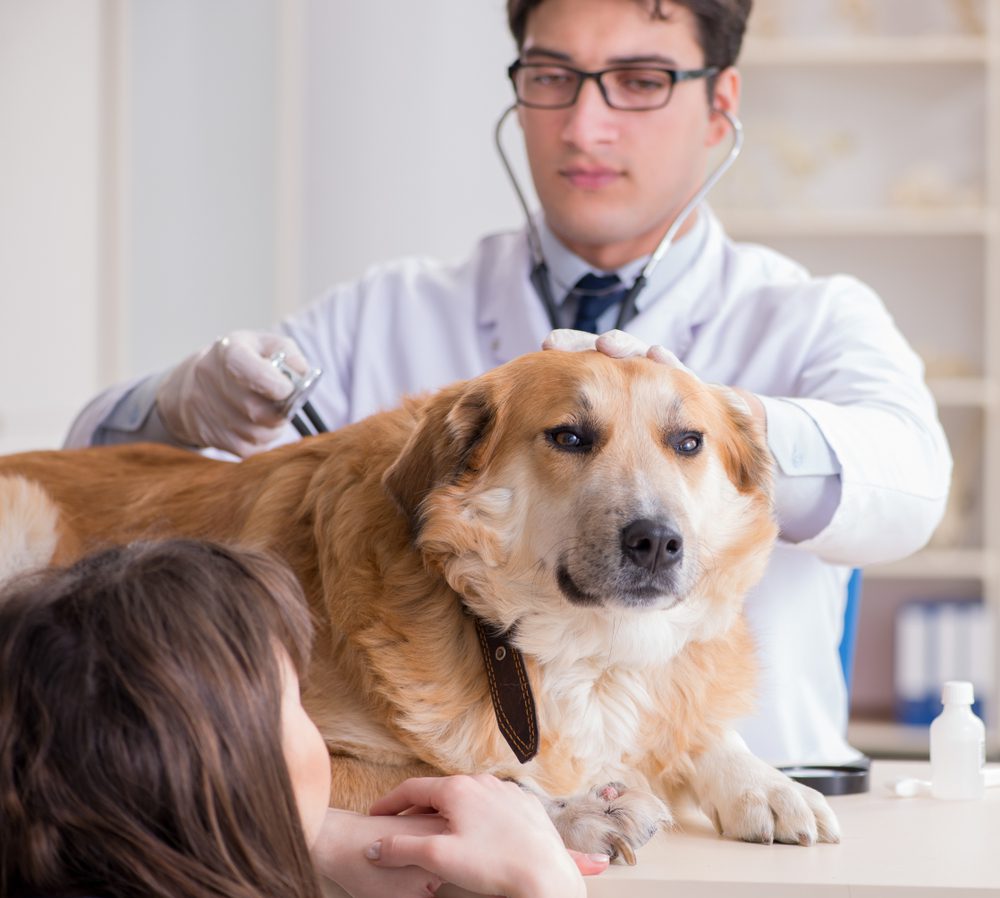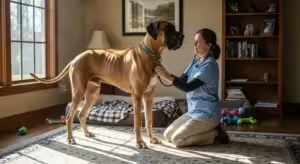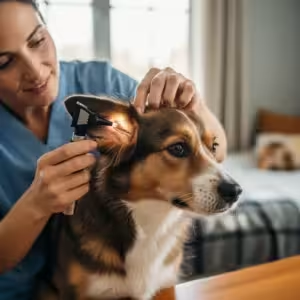
Bladder diseases
If you notice that your dog has some urinary problems, such as pain and discomfort, it may be a sign that they suffer from bladder diseases. In other words, if you see that your beloved furry friend pees where they shouldn’t, strains when peeing or pee around your house, you should take your pet to your vet as soon as possible.
In general, bladder disease is caused by stones, infections, inflammation, tumors and other bladder issues, and unfortunately, symptoms can worsen if left untreated.
Don’t try to solve the problem without talking to your veterinarian first. It’s very important to take into consideration their recommendations and follow their treatment. Depending on the severity of the problem, treatment varies, but the most common and effective options are antibiotics, removing the stones, surgery or chemotherapy.
One of the most important things that you have to take into consideration when it comes to trouble peeing in dogs is consulting your vet’s opinion as soon as possible because otherwise, it can lead to severe complications that can even cause death.

Stomach upsets
There are many factors that can lead to an upset stomach, but the most common cause is their diet. According to Kathy Backus, DVM, at Holistic Veterinary Services in Kaysville, Utah, “dogs are curious like kids; they’re always putting things in their mouth,” she says. “Vomiting and diarrhea are signs that a dog’s body is trying to expel something that shouldn’t be in their system. In a healthy dog, it’s a protective mechanism of the body that’s totally normal.”
As you probably know, the most common symptoms of an upset stomach are vomiting, diarrhea, loss of appetite, fatigue and drinking less water. Treatment consists of a change in diet, vaccines, medication, or other therapies.

Pyoderma
Pyoderma is a bacterial skin infection and refers to papules or pustules that appear on the skin of your furry companion. To help you better recognize this disease, pyoderma is similar to pimples in humans.
If you are a dog owner, it’s important to know that this skin disease isn’t contagious at all, which means that you can still let your dog socialize with other animals. The most common symptoms are hair loss, pustules, lesions on the skin and anxiety. In general, vets recommend antibiotics, a strict hygiene routine and vaccines.















